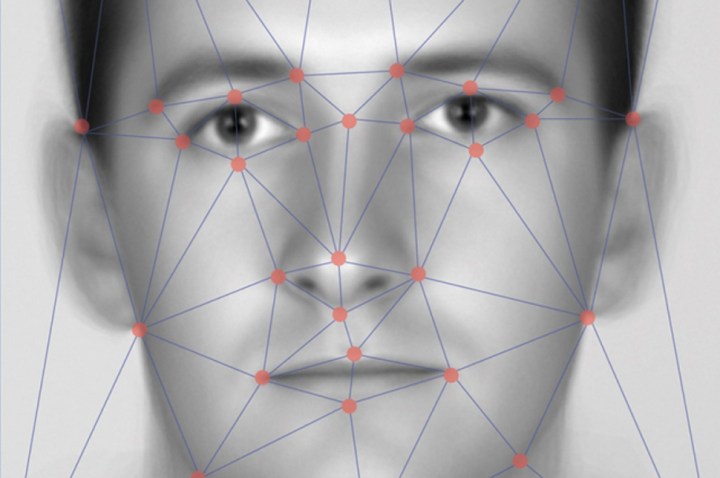
That’s what AI software called Face2Gene, developed by the company FDNA, is now attempting to do as well — by analyzing images of patients’ faces to arrive at possible diagnoses. The company is hoping that its resulting app, which lets doctors snap an image of a patient and receive a suggested diagnosis, could help transform this field.
“One in 10 people suffer from a rare disease,” CEO Dekel Gelbman told Digital Trends. “Many of these are life threatening, and often extremely difficult to diagnose. These patients and their families suffer a great burden while trying to find answers to their symptoms, averaging seven years and seven doctors. FDNA helps healthcare providers find answers faster in hopes of saving lives and improving patient quality of life. We accomplish this through using the best technology in the world — based on a combination of facial analysis, deep learning, and artificial intelligence and partnering with clinicians, researchers, labs, and ultimately with drug development companies that share our goal.”
The creation of Face2Gene was based on Dekel Gelbman’s insight that facial recognition could do more than just identify individuals, but also help identify patterns that correlate with particular medical conditions. The company believes that, of the more than 7,000 known genetic conditions, up to half have a facial pattern which can be uncovered through facial recognition technology.
“FDNA’s technologies are trained to identify very subtle and distinct patterns associated with rare diseases,” Gelbman continued. “We train our technology using genomic, phenotypic, and facial analysis data generated by daily use of thousands of healthcare providers. That allows us to use tens of thousands of years of cumulative clinical experience, which is something no single provider can do without the powerful combination of comprehensive data and cutting-edge technology. Of course, the final evaluation is that of a clinician, but by augmenting the clinical process, we offer clinicians more information and flush out the most relevant data available.”
Over time, the company hopes that its ability to diagnose genetic conditions will move further beyond more easily recognizable syndromes and into increasingly challenging territory, like identifying certain types of autism.
It’s definitely intriguing stuff — and yet another example of how deep learning and other types of AI are helping transform the world of medicine.


